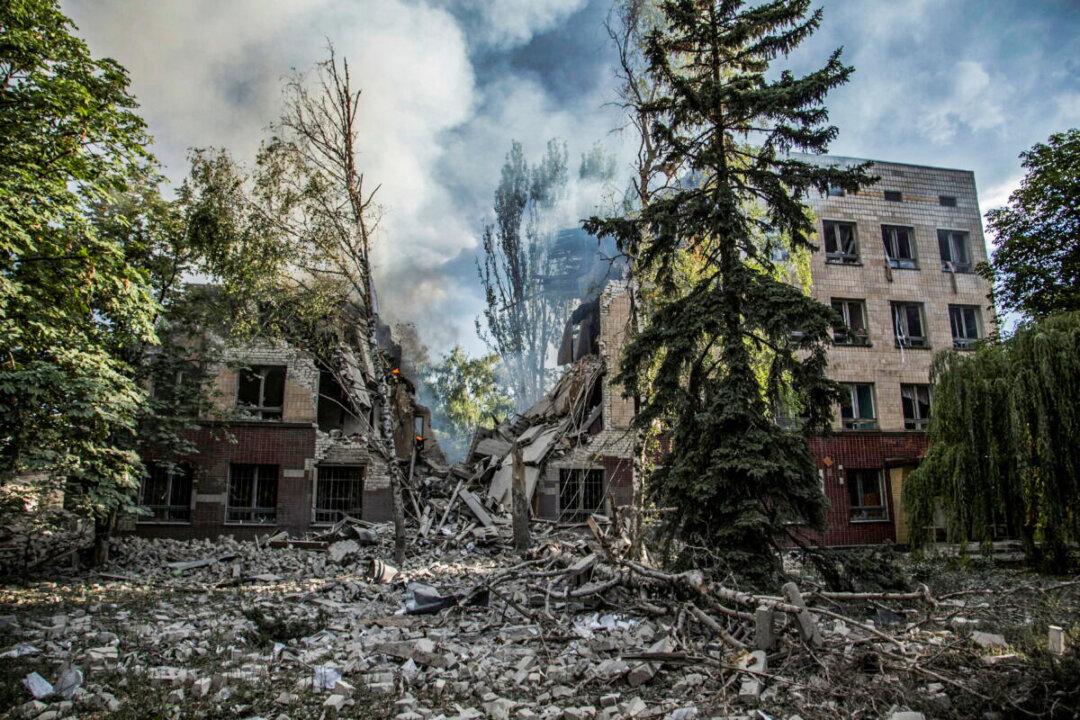KYIV—Russia said it had taken full control of the eastern Ukrainian region of Luhansk on Sunday after capturing the final Ukrainian bastion of Lysychansk, the city where Kyiv said it had withdrawn to save the lives of its troops.
The region’s capture, a major Russian war aim, is a political victory for the Kremlin after weeks of slow advances and shifts the battlefield focus to neighboring Donetsk region, where Kyiv still controls substantial territory.





